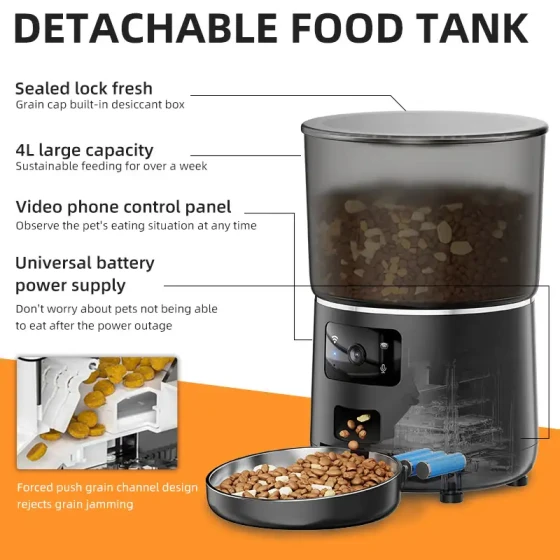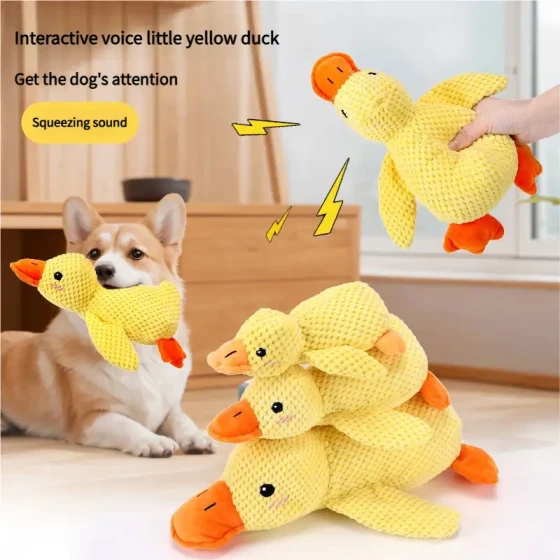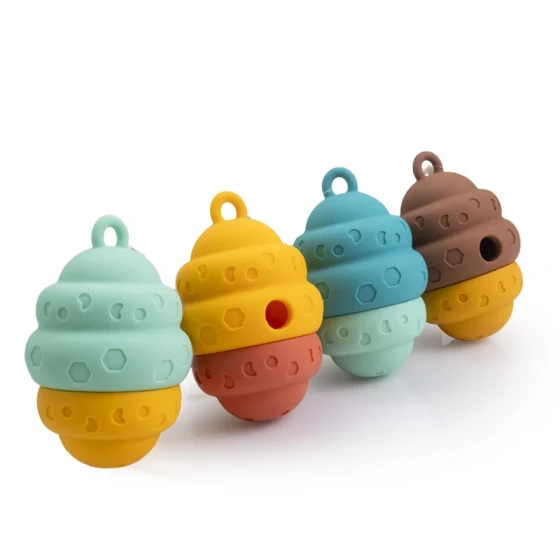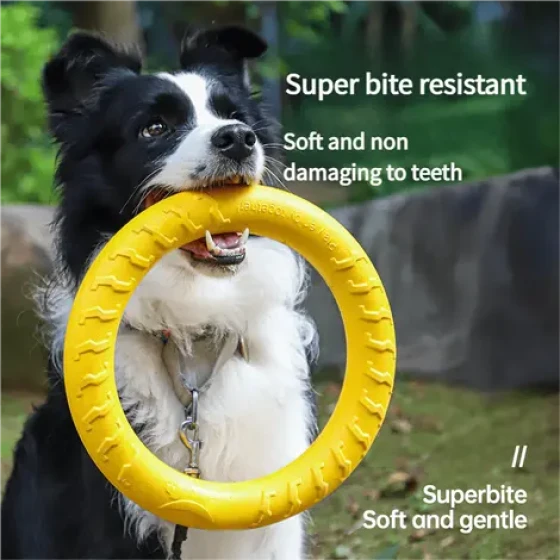What to Pay Attention to When Feeding Small Dogs

Yorkshire Terrier (Detailed Introduction)
What to pay attention to when feeding small dogs? Actually, whether feeding large or small dogs, the methods are largely similar. The first thing we need to ensure is the nutritional balance of the dog’s food; do not feed them human food. Dog food is a more suitable type of food, though dog food alone is not perfect. We can appropriately supplement dog food with some nutrients to make up for any deficiencies.
Before the dog is fully mature, continue to feed it according to the growth-stage diet. It requires this highly nutritious food to complete its development and strengthen its muscles, bones, and other organs.
When it approaches adult dog weight, you can gradually feed it adult dog food. It is fully grown between 6 months and 2 years old (depending on the breed). Before this, it must adapt to the adult dog’s food.
Most dog owners, especially of puppies, pay close attention to providing ample food for their pets. Because puppies have a high nutritional demand during growth, they tend to fulfill their food needs to the maximum, but this often causes overfeeding and adverse effects. To avoid this, the diet of growing dogs should be controlled within appropriate limits.
For small dogs, overfeeding during their development period can lead to obesity. Excess food intake is converted to fat and stored in the body. When the dog is young and still growing, extra fat cells are produced to store the excess fat, and once formed, these fat cells remain for life. This will cause obesity when it grows up.
For large dogs, overfeeding during their growth period can cause a series of skeletal deformities.
Check the fat covering their ribs; if it is too thick, then the dog is overweight.
For small dogs, the main concern is obesity. Generally, small dogs don’t get a lot of exercise, so once obesity occurs, it’s not easy to reduce weight. Also, overweight small dogs have a much higher chance of miscarriage and difficult labor if pregnant.





